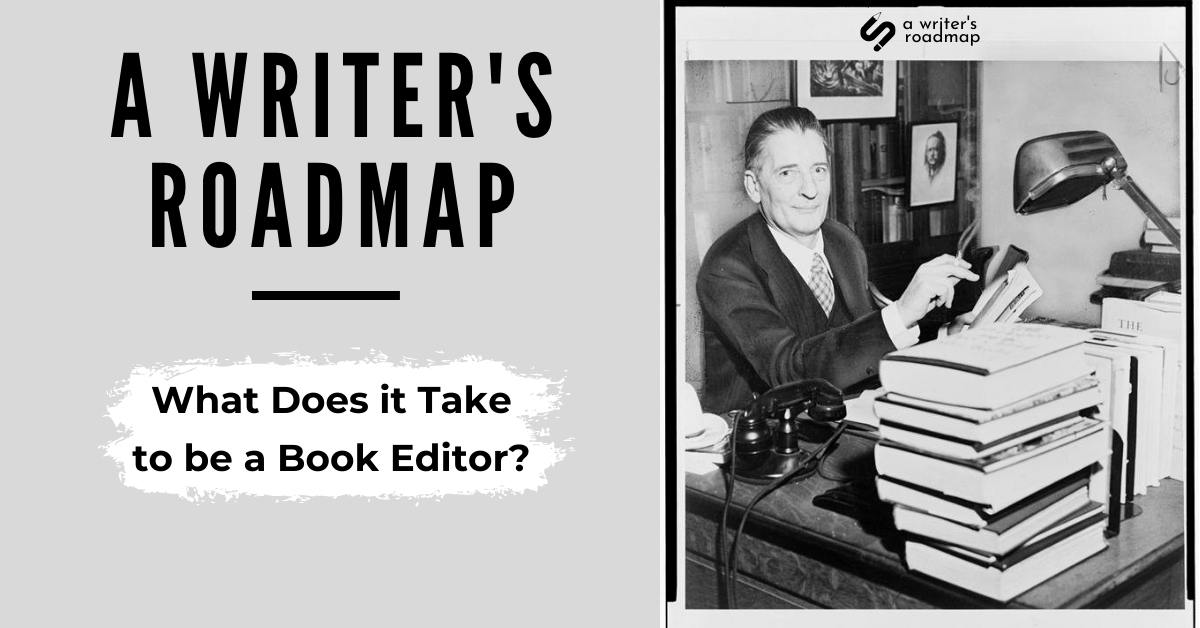Editing books is the best job in the world for avid readers who also enjoy (or can handle) deadlines.
If you’re also a writer, being a book editor gives you an inside track on what makes a book succeed or fail–not just on its own terms, but also in “the marketplace.”
Being a book editor is a guaranteed way to become a lifelong learner. In the past few months of editing fiction and nonfiction books, I’ve learned stuff I didn’t know about the following topics (words in brackets refer to the book’s category or genre).
- Lapland and Santa Claus (women’s fiction)
- Insecure Attachment (self-help)
- How to run a successful contracting business (how-to)
- What a catastrophic war would do to Earth (sci fi)
- 1980s Philadelphia (crime fiction)
- 1970s San Diego (crime fiction)
- Pearl farming in Tahiti (women’s fiction/suspense)
- Life on a U-Boat in WWII (short story)
- An unsolved art heist (short story based on a true story)
- Teaching in a US High School (transgressive fiction, novel)
- Arborists and lung transplants (literary fiction)
- The Panama Canal (historical fiction)
And those are just off the top of my head!
Book Editors Must Love Reading
That’s the first mandatory quality. If you don’t love, love, love reading, you probably shouldn’t be working with books…or documents of any kind.
Book Editors Must Know Their Craft
Editors must know the craft of writing at every level–sentences, paragraphs, pages, chapters, books. (Depending on what kind of editing they do–here, I’m talking about book editors.) Writers need actionable advice and suggestions and edits on their books. That doesn’t mean you have to know it all to be a book editor. Nobody knows it all. There’s room for everyone in the field, if you are willing to study the craft and be a lifelong learner.
Book Editors Must Have a Computer
Are you thinking “duh?” Well, I’ve seen it tried. But it’s very difficult and time-consuming to edit a book using your phone. If you can’t afford a computer, make saving up for one your first order of business.
Book Editors Should Know MS Word
Some writers love Google docs, and that’s OK. But when they get into the big leagues and work with agents and publishers, they’ll need to send their stuff in Word. Word is the standard software for book editors because of its features Track Changes and Comments.
Even if you’re a developmental editor (one who works on books at the biggest-picture level) to be an effective editor you will need to know how Microsoft Word works. You should be able to use its functions effectively, and you should definitely be able to return a manuscript to a writer in its best possible shape.
Book Editors Must Be Organized
It’s nice to think of the famous editor, Maxwell Perkins, as he shepherded and mentored some of America’s most famous writers, like Thomas Wolfe, F. Scott Fitzgerald, and so on.
But Perkins was a salaryman. I’m not saying he was disorganized–I doubt he was! But he probably had a secretary, and he got a paycheck every month to keep himself and his family afloat.
In contrast, most freelance editors get paid only when they invoice. They spend just as much time keeping the business running as they do helping writers carve out excellent books.
This includes things like onboarding new clients, marketing, bookkeeping, website updates, cash flow analysis, networking, skill development, and all the stuff running a business requires.
Most editors I know also work on more than one book at a time, because one book a month won’t pay the bills.
Book Editors Must Trust Themselves
Anyone running a service business that relies on specific knowledge of a craft has got to trust themselves. Trust their instincts about whether to work with a particular client, trust their systems to get them through a series of deadlines, and trust their abilities to bring on more work.
Most of all, Book Editors Must Love Writers
This last one might not be mandatory, but it’s incredibly valuable. Working with writers is one of the great pleasures of being a book editor. Personally, I love it. Writers are smart, they’re often very funny, and they’re producing art in an often flaky and often tough industry. I take my hat off to them every day.

